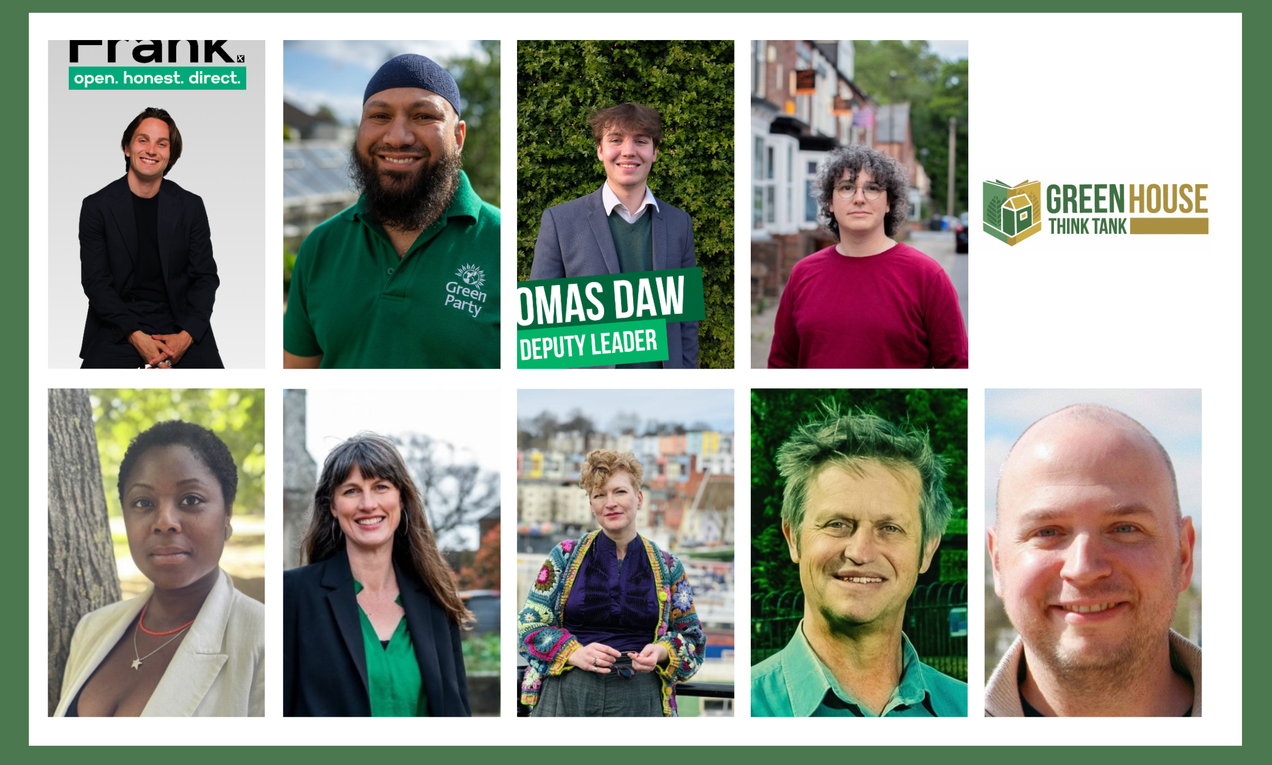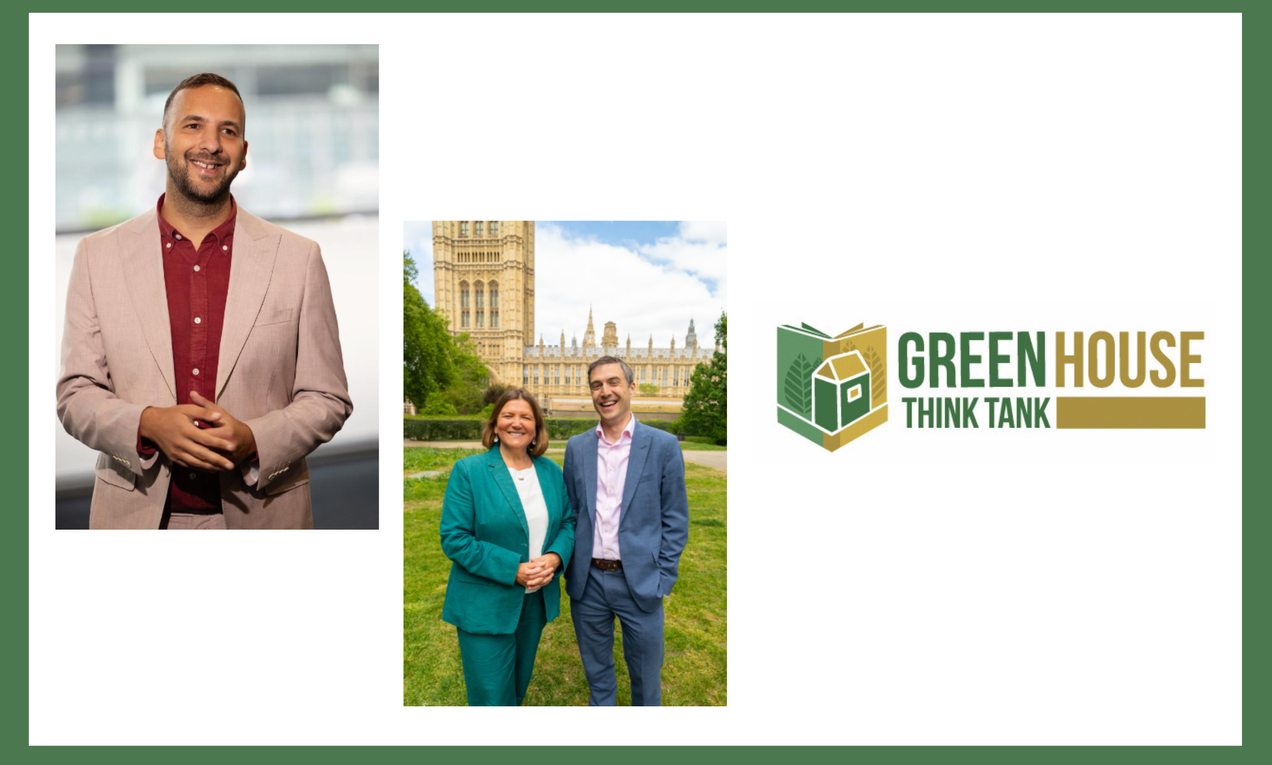
Community Energy in the UK
This review of community energy in the UK concludes that the things needs is committed people, financial viability of small scale renewable energy, legal structures, assistance and stability
The ownership of renewable energy systems by community organisations in the UK grew dramatically between 2011 and 2015 but in the last few years has come to a shuddering halt. Few new systems are being installed and in 2017 there was only one new group formed. What caused the growth and why has it stopped? In this report, published by the Green European Foundation with the support of Green House Think Tank, Anne Chapman of Green House tells the story of the ups and downs of community energy in the UK, from the first co-operatively-owned wind farm in 1996, the setting up of low carbon communities groups in the first decade of this century, to the installation of renewable energy systems using funds from community share offers and the current search for new business models. This is an insider’s account as Anne is a director of a community energy organisation, MORE Renewables, which she set up in 2011. She concludes that what is needed for community energy to thrive is: the financial viability of small-scale renewable energy systems; motivated and committed people who can work together; sources of help and expertise for those people; legal structures which enable co-operative ownership of assets, and a stable policy framework for renewable energy.
This is an insider’s account as Anne Chapman is also a director of a community energy organisation, MORE Renewables, which she set up in 2011. Anne Chapman said:
"Community energy has great potential in the UK. We have motivated, committed people, great organisations that can support them, plus a good legal framework and a co-operative ethos in which groups help each other. However, what we need is for small-scale renewable energy to be financially viable once more, as it was when supported by Feed-in Tariffs between 2010 and 2015. Those tariffs have now been cut to the bone, soon to disappear altogether. While it may have warm words for community involvement in our energy system, in reality the current government has destroyed growth in the sector"
The report is part of the Green European Foundation project, Energy Democracy, Changing the System, and has been realised with the financial support of the European Parliament to the Green European Foundation.
You can order free copies by emailing info@gef.eu.



